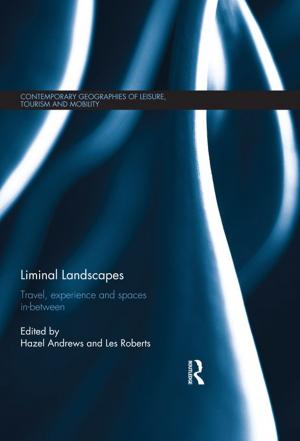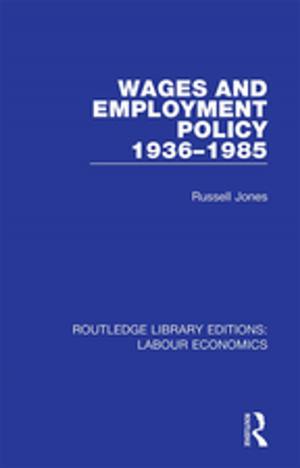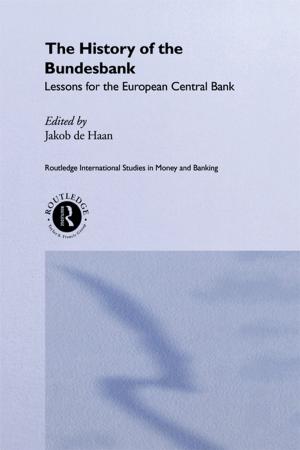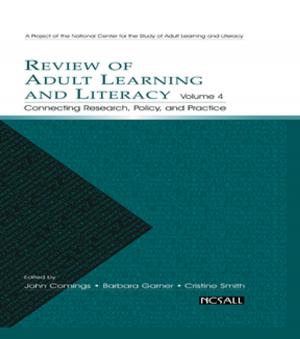Asian Approaches to International Law and the Legacy of Colonialism
The Law of the Sea, Territorial Disputes and International Dispute Settlement
Nonfiction, Reference & Language, Law, International, Social & Cultural Studies, Political Science, International Relations| Author: | ISBN: | 9781136223815 | |
| Publisher: | Taylor and Francis | Publication: | September 10, 2012 |
| Imprint: | Routledge | Language: | English |
| Author: | |
| ISBN: | 9781136223815 |
| Publisher: | Taylor and Francis |
| Publication: | September 10, 2012 |
| Imprint: | Routledge |
| Language: | English |
The chapters in this volume address international legal issues impacted by the legacy of the Asian region’s historical experience with colonialism and its current standing in the international system. This volume provides a perspective on these issues from Asian legal scholars who have embarked on an analysis and discussion of the various ways in which international law and the international legal process can resolve these issues in a manner that is appropriate for the region.
The book examines the interconnections between diverse topics, such as current territorial disputes over maritime areas (which includes disputes over maritime delimitation) and the scope of exclusive economic zones in East and Southeast Asia, both of which are aspects of some of the critical political, economic, and legal issues presently confronting the region. These territorial and maritime disputes are partially due to the geography of the region, but the editors make a convincing argument for the genesis of these disputes being rooted in the legacy of the region’s colonial past; a legacy which has confounded attempts at resolution of these disputes and still deeply influences international relations in the region.
Asian Approaches to International Law and the Legacy of Colonialism will be of particular interest to academics and students of International Law, Maritime Law and Asian Studies.
The chapters in this volume address international legal issues impacted by the legacy of the Asian region’s historical experience with colonialism and its current standing in the international system. This volume provides a perspective on these issues from Asian legal scholars who have embarked on an analysis and discussion of the various ways in which international law and the international legal process can resolve these issues in a manner that is appropriate for the region.
The book examines the interconnections between diverse topics, such as current territorial disputes over maritime areas (which includes disputes over maritime delimitation) and the scope of exclusive economic zones in East and Southeast Asia, both of which are aspects of some of the critical political, economic, and legal issues presently confronting the region. These territorial and maritime disputes are partially due to the geography of the region, but the editors make a convincing argument for the genesis of these disputes being rooted in the legacy of the region’s colonial past; a legacy which has confounded attempts at resolution of these disputes and still deeply influences international relations in the region.
Asian Approaches to International Law and the Legacy of Colonialism will be of particular interest to academics and students of International Law, Maritime Law and Asian Studies.















